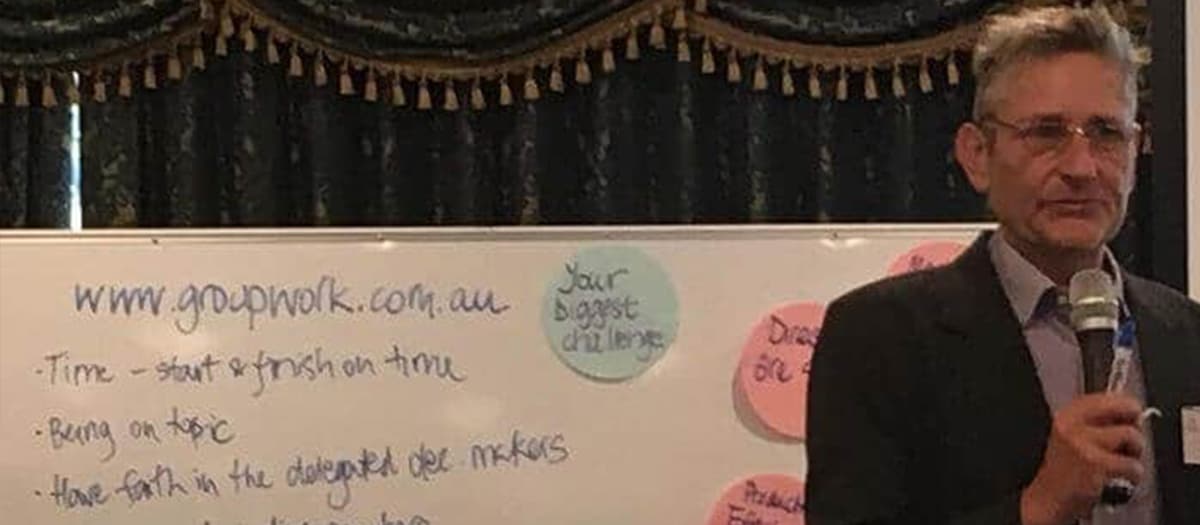In a recent business event we learnt some fantastic tips to making great meetings. The event was hosted by Jim Buckell from the Groupwork Institute.
We are pleased to share the following points to take to your next meeting.
You may have noticed that there are plenty of jokes about the futility and utter uselessness of majority of meetings. Meetings can last all day, accomplishing very little, if at all.
But the truth of the matter is that businesses and organisations can’t really function without meetings. The trick is to make meetings work for your group. To achieve this, here are the factors you need to consider:
- Before the meeting, it’s best if your group already has a set of rules in place for such event. These rules offer a convenient framework for you to follow so that the meeting flows smoothly and minimal time is wasted. Of course, these rules aren’t set in stone, and they should be reviewed periodically to make changes that best serve your needs.
- Before anything else, address any pertinent issues that could negatively affect the meeting. Serious issues like a death in the company or charges of illegal or unethical behaviour by any member of the group must be covered right away or else the people at the meeting can’t focus on anything else.
- At the start, formulate an agenda on what the meeting is all about. Your meetings can be more productive if you are all focused on discussing decisions that must be made, rather than addressing issues.
- Each agenda should be allocated a certain amount of time. This compels attendees not to waste time on inconsequential talk, and everyone can get to the point more quickly. Of course, more serious topics may require more time to discuss. It’s best to have a timekeeper.
- In meetings expect that there are dominant speakers as well as quiet participants. Acknowledge and pay attention to each speaker, and enable the quieter ones to share their own inputs. Group wisdom comes from the insights offered by everyone in the group—if they can’t offer any insight to your meetings, then they may as well not attend!
- It’s very common for people to have differing opinions on what the group should do for various situations. Everyone must adhere to civil discussions when offering a counterargument or a different opinion. Respect for each other and for the group must be maintained otherwise the meeting can devolve into a fruitless conflict that can rip the group apart.
- The minutes of the meeting should be succinct, and cover only the basic details of the decisions/points that the group agrees upon. Who should do what, and when is this supposed to happen? Answers to these questions can be the gist of the minutes.
Meetings help you make the right decisions for your organisation and they can also impact its culture and environment. Meetings should be a nice mix of pleasantries and efficiency, so they can be productive for a change!

